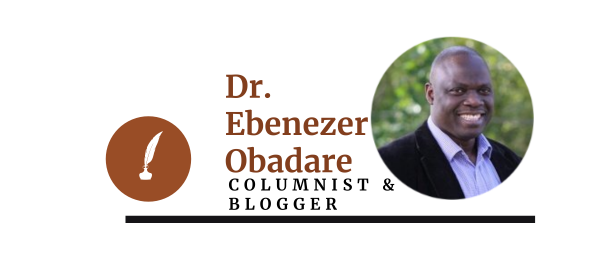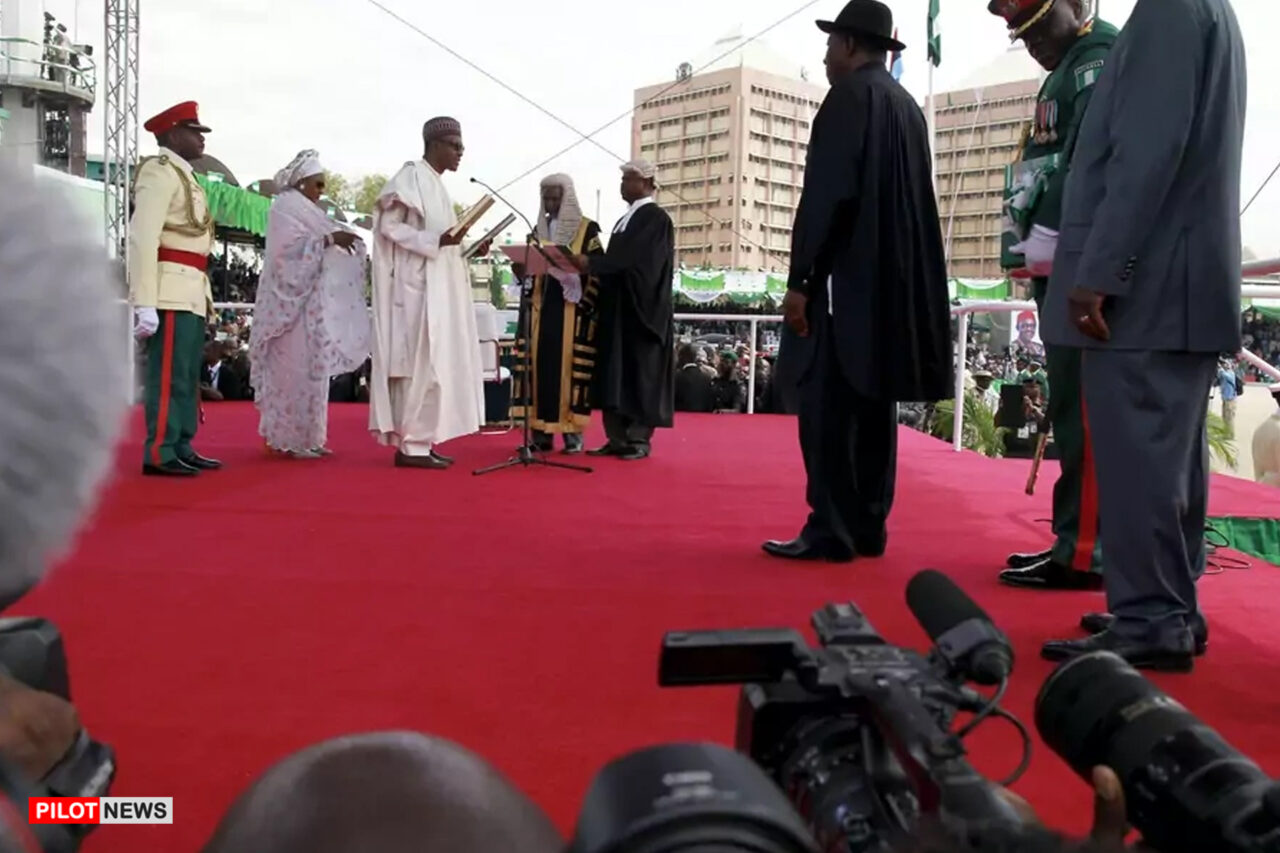Much more than material support for the democratic process, Africa—and the developing world—needs the United States to reaffirm its commitment to democratic principles.

It is far from surprising that the just concluded Brazilian presidential election attracted more than the usual attention from observers of the democratic process across Latin America. Over the course of his presidency, and particularly in the months leading to the election, President Jair Bolsonaro had made statements seemingly calculated to undermine trust in Brazil’s electronic voting system. The extent to which Bolsonaro’s preemptive “fraud” claims had swayed a section of the Brazilian public could be seen in multiple polls before election day which showed that three out of four of his supporters trusted the voting system “only a little or not at all.” Bolsonaro’s delegitimizing rhetoric stoked fears that he might refuse to concede even if he lost fair and square, and that his antics were intended to keep his supporters permanently agitated.
Events following electoral officials’ announcement of his challenger Luiz Inacio Lula da Silva as the rightful winner of the election would seem to confirm that the idea of not conceding to the leftist former president at least crossed Bolsonaro’s mind. Maintaining an ominous silence for two days during which groups claiming to be his supporters blocked the country’s highways, Bolsonaro would later agree to a transfer of power only after an unprecedented show of unity by the country’s Senate President, the Attorney General, Supreme Court justices, and heads of the electoral commission.
Part of the reason for widespread apprehension about the outcome of the Brazilian election was Bolsonaro’s admiration for former U.S. President Donald Trump. There is no indication that Bolsonaro resented being described as “the Trump of the Tropics,” and Trump had praised his protégé during the latter’s visit to Washington in March 2019 for doing “a very outstanding job.” Bolsonaro’s preemptive denunciation of the October presidential election seems to have been taken straight from his principal’s playbook.
From a certain perspective, election denialism is just the tip of contemporary America’s political angst. While the identitarian left attacks the very idea of merit in the name of a vaguely defined notion of “equity;” its far-right counterparts imagine a “postliberal” dispensation that has more affinities with a medieval theocracy than a modern democracy. Abdicating the political center, both target liberalism itself as the enemy, rather than seeing it as the inalienable motor of representative democracy.
Democratic skepticism is by no means limited to the United States. Extrapolating from data collected across 154 countries, a report by the University of Cambridge’s Center for the Future of Democracy estimates that “the number of individuals who are “dissatisfied” with the condition of democracy in their country” rose by ten percentage points, from forty-eight percent to fifty-eight percent, between 1995 and 2020. More disturbingly, research early this year by UK-based think tank Onward found that “60% of 18- to 24-year-olds agree that having a strong leader who does not have to bother with parliament or elections is a good way to run the country, more than double the number in 2017.”
Although the reasons for growing democratic skepticism vary, high cost of living and uncertainty about the future are a recurrent thread.
The illiberal turn in the United States and across the West broadly contrasts with modest democratic progress and increasing embrace of democratic precepts in Africa. In South Africa, the arrest and imprisonment of former president Jacob Zuma for contempt of court was a much needed a victory for the rule of law and a satisfying repudiation of “Big Man” politics. In Zambia, an unexpected victory for opposition presidential candidate Hakainde “Bally” Hichilema last year has been followed by the election of Nelly Mutti as the country’s first female Speaker of the National Assembly. The presidential election in Kenya turned out not to be the ethnic bloodbath that many experts had feared, and Raila Odinga honorably accepted the unanimous Supreme Court decision to uphold William Ruto’s victory. In 2020, despite “high-level bribery attempts and threats,” Malawi’s constitutional court nullified the May 2019 presidential election of President Peter Mutharika, citing “widespread, systematic, and grave irregularities.” The court’s five justices were awarded the 2020 Chatham House Prize in recognition of their “courage and independence in the defense of democracy.” Back in 2015, President Goodluck Jonathan conceded victory to his main challenger Muhammadu Buhari when he might have elected to drag things out in the courts and deepen political suspense in Nigeria.
Young people in Africa also appear to be bucking the trend of global Generation Z appetite for strongman leadership. Although, according to the Ichikowitz Family Foundation (IFF)-sponsored inaugural African Youth Survey (AYS), “half of young Africans prioritize stability over democracy,” support for specific democratic values remains strong among them. For example, “85 percent support freedom of belief, 70 percent plan to vote in upcoming elections, and large majorities support doing more to address inequality and access to internet and infrastructure.”
In a nutshell: growing appetite for democracy and democratic principles in Africa increasingly diverges from the rise of anti-democratic forces in the United States and Europe.
Of course, democratic consolidation across Africa continues to confront extraordinary challenges. Many of these are too well-known to warrant itemizing. In any case, recent military interventions in Mali, Chad, Guinea, Sudan, and Burkina Faso offer a timely reminder of the fragility of recent gains. Yet, there is no doubt that, on the whole, and pertinently for a continent where military dictators of inconstant moods once ruled the roost, the shift in favor of representative government has been nothing short of remarkable. Continuing popular protests in Eswatini against the monarchy and in favor of democratization symbolize this shift.
That American politics is in a real funk, and that a cross section of the American society appears to be turning its back on democracy at the precise moment when transitioning African states could use American help, is regrettable indeed. To be sure, this has not deterred the United States, which, at least on paper, remains committed to continued material assistance for democratizing African countries. Among other core objectives, the Biden strategy towards sub-Saharan Africa emphasizes American determination to “foster openness and open societies” and “deliver democratic and security dividends” on the African continent.
While this is all very well, democratizing states in Africa and the rest of the developing world need much more than material support from the United States. At a time when China, and, to a lesser degree, Russia, are trying to extend the global compass of authoritarian rule, Africa needs the United States to put its house in order so as to maintain its status as the fountainhead of modern democracy. It will be difficult for the United States to argue for democracy in Africa—or anywhere for that matter—if people perceive that the country itself has abandoned democratic principles.
Democratic regress at home will hurt the United States’ African allies as well as undermine the country’s status in the region.
This publication is part of the Diamonstein-Spielvogel Project on the Future of Democracy. This article first appeared in CFR.
- Naval Outpost Onitsha Donates Educational Materials to School in Odekpe - July 26, 2024
- Two weeks on, Soludo’s APGA is yet to Upturn Njoku - July 25, 2024
- Asaba Might Finally be gearing up to become the new Onitsha - July 19, 2024

